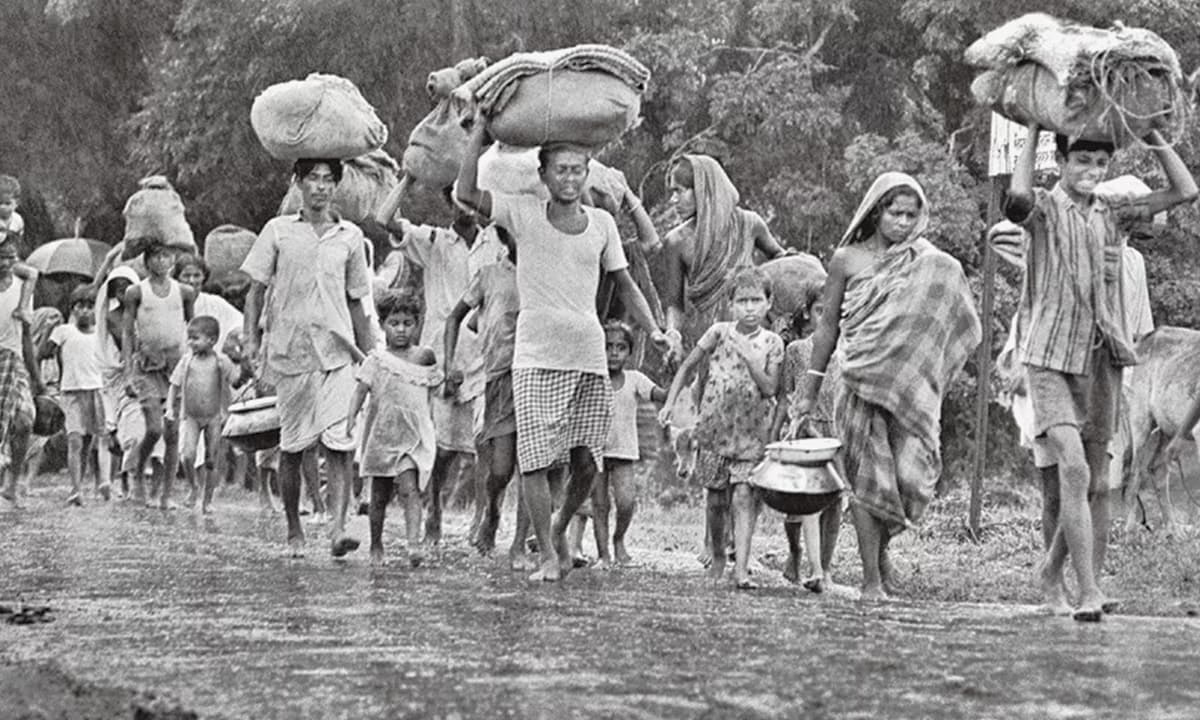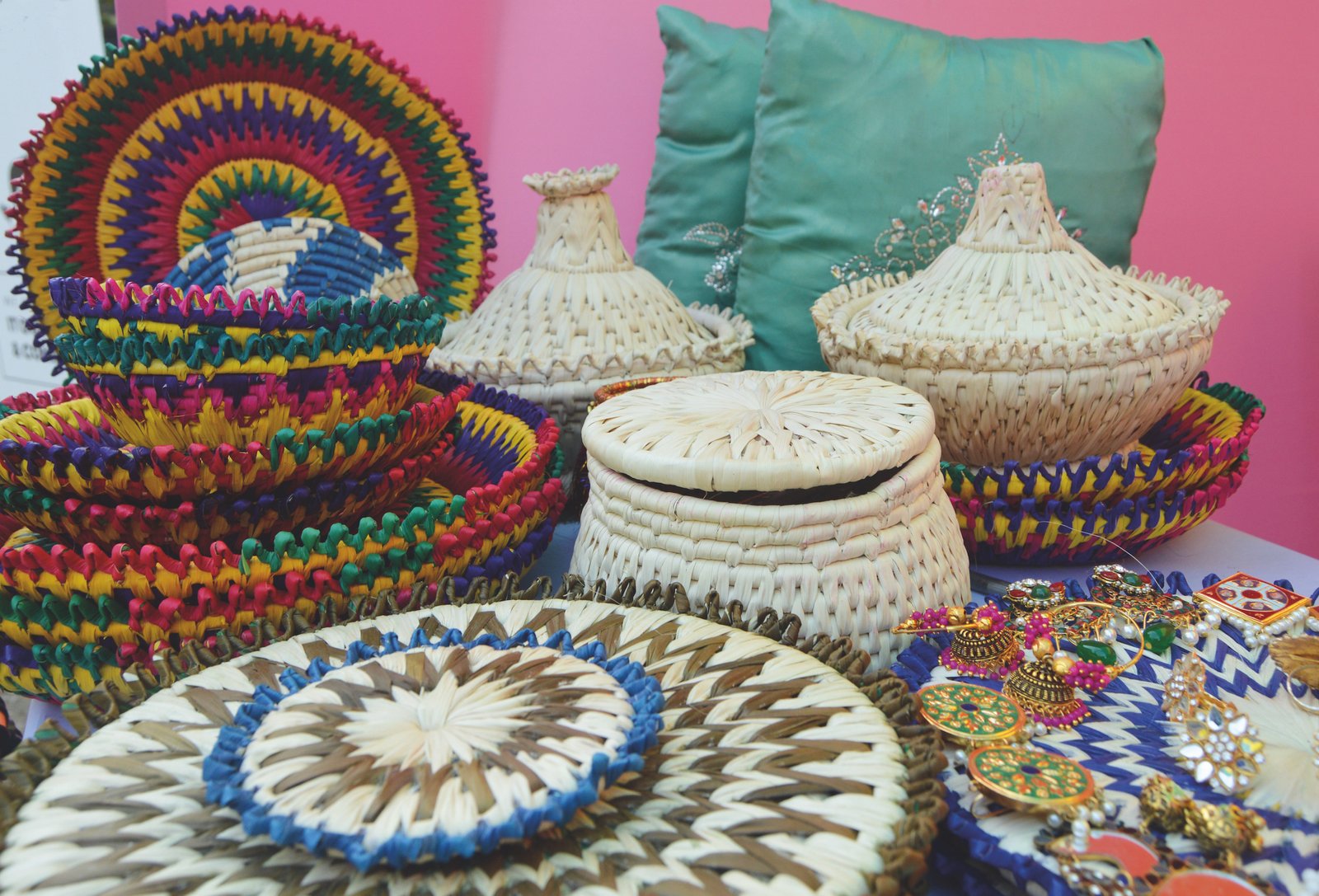The 1971 Pakistan-India War remains a dark chapter in South Asian history, marked by widespread violence, persecution, and displacement, particularly affecting minority communities like the Biharis. Eyewitness accounts from Bihari survivors shed light on the complex and tragic realities they endured during this turbulent period.
Akhtar Hussain, a member of the Bihari community, described how external forces, including Indian support for the Mukti Bahini liberation movement, exacerbated the suffering of Urdu-speaking Pakistani residents in East Pakistan (now Bangladesh). The Biharis faced systematic deprivation of resources, targeted killings, and widespread violence against non-combatants, with food and water supplies deliberately disrupted.
Hussain recounted how both Bengali rebels and Mukti Bahini forces targeted Urdu-speaking communities, including women and children, while also persecuting Bengalis who supported Pakistan. The brutality left many victims unburied, with bodies abandoned in the streets, underscoring the scale of the humanitarian crisis.
The Pakistani Army’s efforts to protect vulnerable populations proved insufficient against the overwhelming violence. Historical records reveal that the conflict went beyond traditional warfare, involving deep ethnic and linguistic divisions that fueled extensive human rights violations.
These accounts provide critical insights into the harrowing experiences of minority communities during the war, offering a nuanced understanding of the human cost of geopolitical upheaval.



